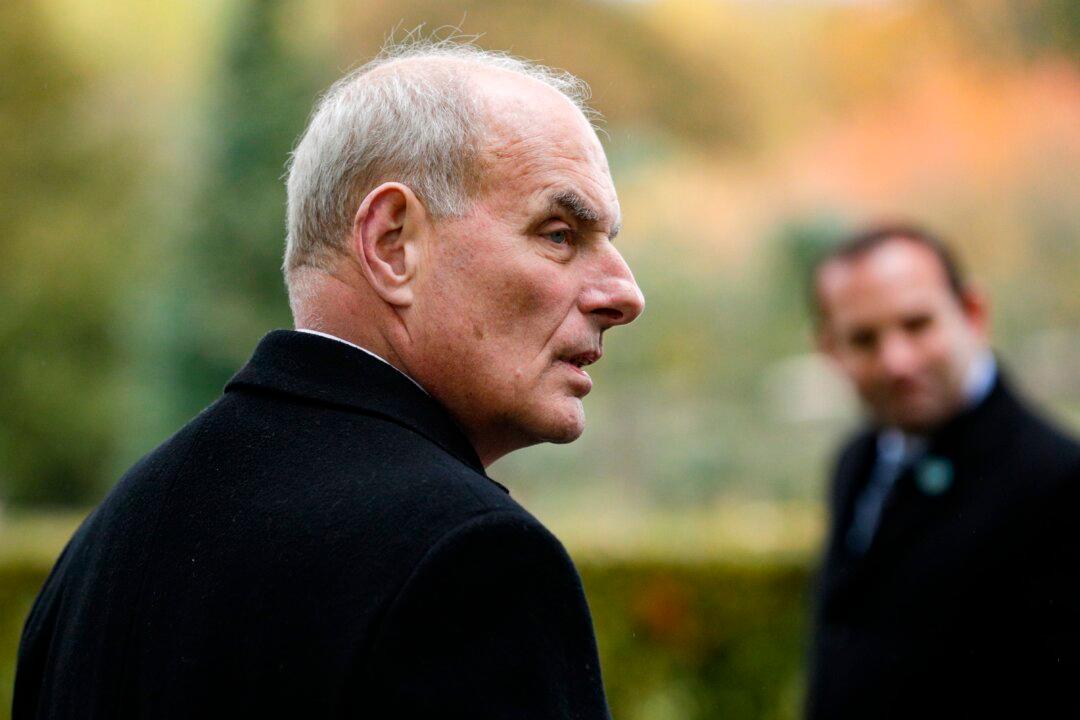A former aide to ex-White House Chief of Staff John Kelly said Monday that he was not one of the people who allegedly spoke to a magazine and claimed President Donald Trump denigrated the military.
Zach Fuentes said he did not speak to The Atlantic, which published the incendiary report that relied solely on anonymous sources.





